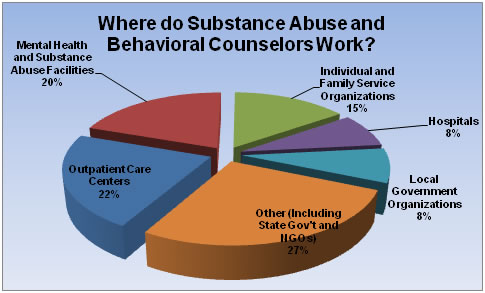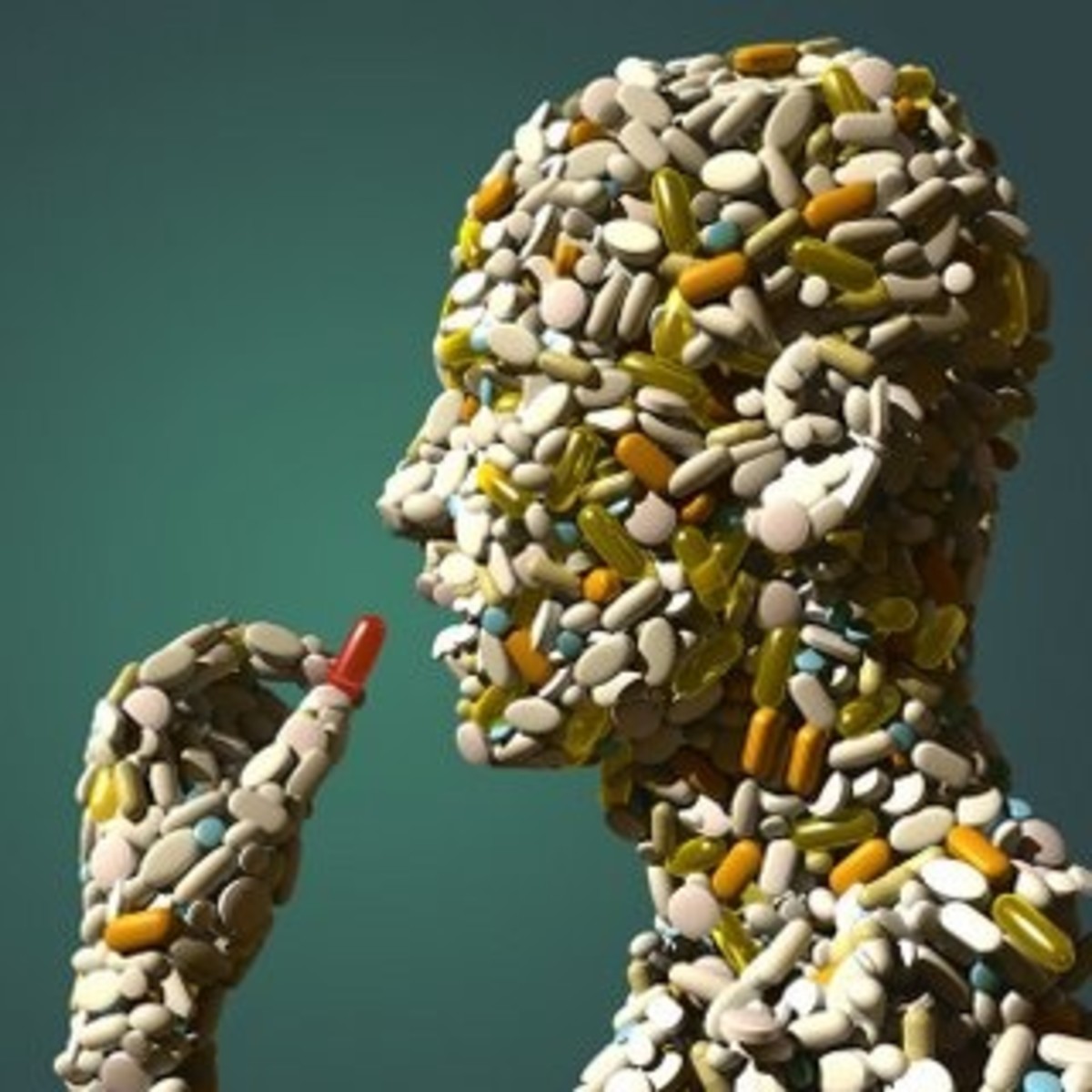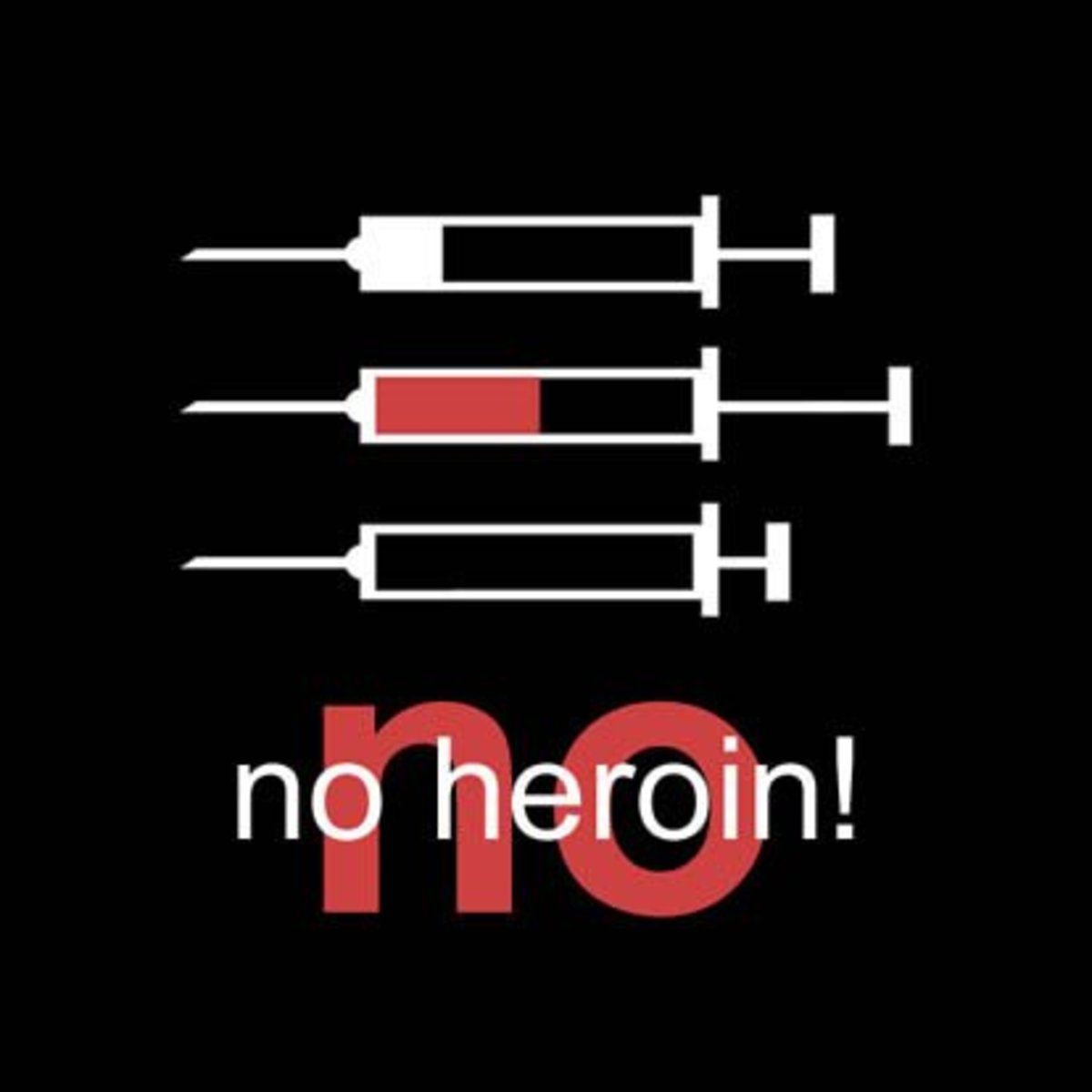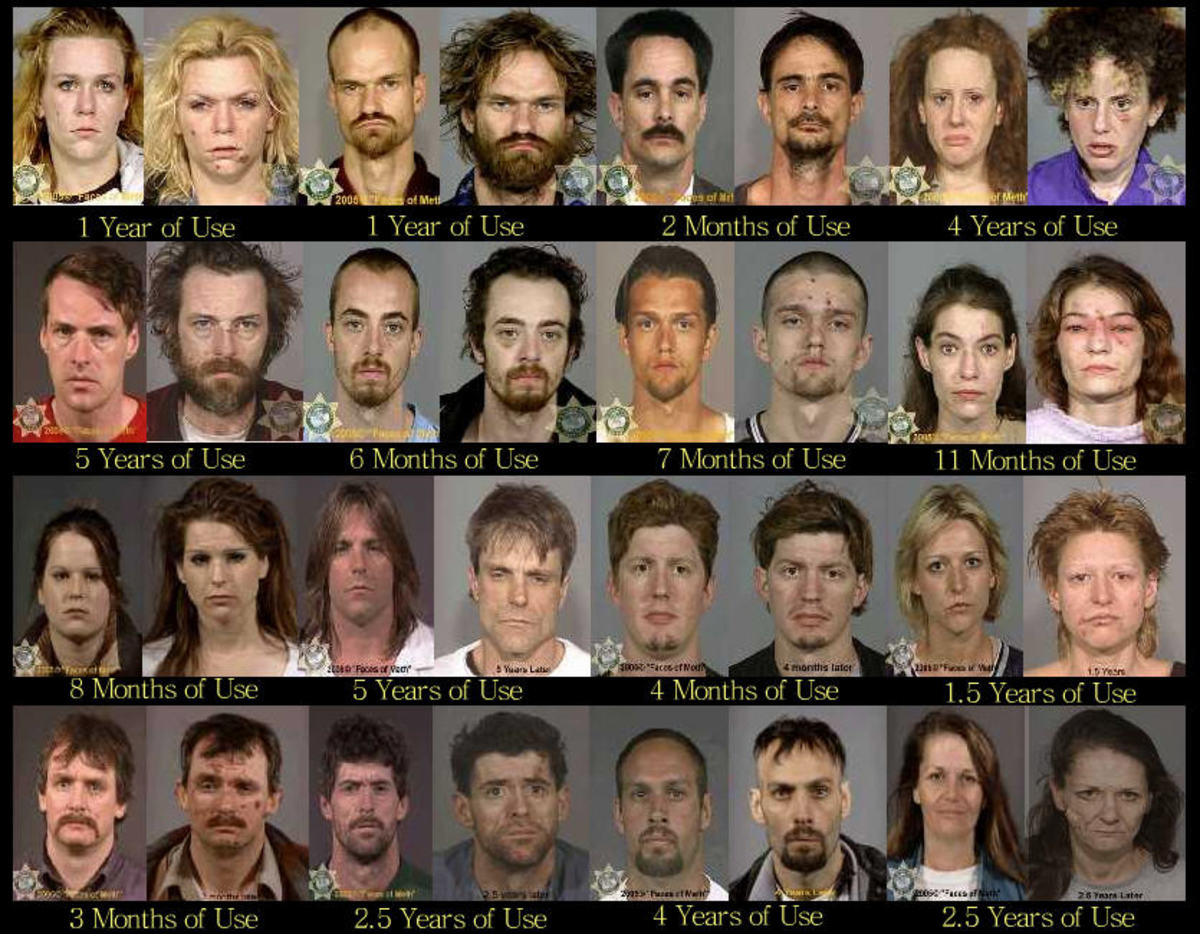- HubPages»
- Health»
- Mental Health»
- Addiction
Therapy for the Addict

By Amber Maccione
Drug abuse is a major problem in the United States. In 2009, 23.5 million people were reported as being addicted to drugs (Coalition against Drug Abuse, 2014). Out of those, 2.6 million received some type of treatment (Coalition against Drug Abuse, 2014). This group is in great need for counselors and therapist to help them work though their addiction to eventually lead a successful and productive life.
Addiction is a complex illness, which is characterized by intense and uncontrollable drug cravings (NIH, 2009). It is often compulsive in seeking the next fix. At first, using drugs is voluntary (NIH, 2009). Eventually, the use becomes consuming because the brain tells the person they need the drug to function (NIH, 2009). Prolonged use does effect the brain's functioning (NIH, 2009). Therefore, addiction is seen as a brain disease that affects reward and motivation, learning and memory, and inability to control their own behavior (NIH, 2009).
Treatment for Substance Abuse Addictions
Because of the addictive nature of this disease, treatment is not simple (NIH, 2009). The addiction affects many aspects of the person's life; therefore, treatment needs to incorporate each of those aspects in order to make the person aware of their illness and the consequences it has brought and will continue to bring (NIH, 2009). Scientific research does concur that recovery can happen and the addiction can come to an end (NIH, 2009).
Counseling for an addict is important as relapse can happen at any time because of the physical dependence of the drug as well as psychological and social factors (Johnson, 2012). Things such as stress, cues in the environment, and social associations can cause someone to relapse (Johnson, 2012). Counseling can help the addict to cope with their life and learn how to manage their life without the use of drugs (Johnson, 2012). There are various ways to counsel an addict. Most counselors adjust their counseling structure to fit the individual since drug addiction affects each person differently (Coalition against Drug Abuse, 2014). Counseling can be group or individual and outpatient of residential; it can also use techniques such as cognitive-behavioral therapy, motivational interviewing, contingency management, and family therapy (Johnson, 2012; Coalition against Drug Abuse, 2014). Also, maintenance therapy is also recommended as most addicts need life-long treatment so that they do not relapse (Johnson, 2012).
Group of Individual Treatment
Group or individual treatment are both good approaches for working with the addict with their own positive results. Group offers support from other members as well as the addict being able to be challenged by the others that are in the group (Johnson, 2012). This provides accountability for the addict. Groups such as Narcotics Anonymous and Alcoholics Anonymous are both examples of such counseling groups.
The type of treatment is individual counseling sessions. These can be helpful especially if the person suffers from something else other than the addiction such as a mental illness (Johnson, 2012). Examples of places that offer individual counseling are educational centers, hospitals, mental health facilities, methadone clinics, private practice clinics, detention centers, drug rehabilitation centers, and detox centers (Coalition against Drug Abuse, 2014).
There are also outpatient programs, which help clients without them having to register and stay at the facility. The other programs are residential, which do require the client to register and stay at the facility for a certain amount of time such as 30 day and 90 day programs or even programs that last 6 months to a year (Johnson, 2012).

Cognitive-Behavioral Therapy
Cognitive-behavioral therapy helps the client recognizes moods, thoughts, and situations that would cause them to crave the drug (Johnson, 2012). The therapist and client develop a plan that helps the client understand situations that cause them problems with their addiction and how to go about avoiding those things (Coalition against Drug Abuse, 2014). The therapist helps the client develop coping skills and how to recognize negative thoughts, triggers, and emotions that would lead them to relapse and to develop a positive response to handle the situation that does not include the use of drugs (Coalition against Drug Abuse, 2014).
Motivational Interviewing
The next type of technique used is motivational interviewing, which prepares the client to be able to change their behavior and accept treatment for their addiction problems (Coalition against Drug Abuse, 2014). It is a focused activity that does expect the client to look in-depth at their behavior and to recognize where change is needed (Coalition against Drug Abuse, 2014).
Contingency Management
Next is contingency management, which applies reinforcements in the form of rewards and punishments (Coalition against Drug Abuse, 2014). The reinforcements are used to encourage the client to refrain from using (Coalition against Drug Abuse, 2014). An example of this would be in Alcoholics Anonymous and Narcotics Anonymous where chips are given for the first day sober, 30 days sober, 60 days sober, and 90 days sober. They then get a gold chip or medal for every year they are sober. If they relapse, they go back to the one day chip once they return to being sober.

Family Therapy
Lastly, there is family therapy that is encouraged. This is the multidimensional aspect where the therapist works with the family as well as the client to help improve the family function after damage from the addict's behavior (Coalition against Drug Abuse, 2014). The therapist also works with the family in how they can assist their loved one in fighting the temptation to relapse (Coalition against Drug Abuse, 2014).
Maintenance Therapy
Although these techniques are great in helping a person become sober and live a productive life, life-long therapy is suggested strongly as to help the client avoid relapsing (Johnson, 2012). Maintenance therapy is what this is called (Johnson, 2012). An example of something like this would be joining a support group and having a sponsor such as in Alcohol Anonymous and Narcotics Anonymous. Even after a person works through the twelve steps, they are encouraged to continue going to meetings, sponsor a newcomer, and continue to be mindful of the steps as they live their productive lives.
Role of Therapist
The role of the therapist during all of this is one of a teacher and guide. The therapist develops treatment plans for each client where they will talk about the addiction as well as the client's past to gather information about what may have caused the client to abuse and how to help the client lead a sober life (Coalition against Drug Abuse, 2014). They also educate the client on their addiction and show them how they can live a productive life without the drug (Coalition against Drug Abuse, 2014). The therapist helps guide the client into sobriety through the different counseling methods (Coalition against Drug Abuse, 2014). Therapists are trained to also identify when a client may need more than what they can offer such as mental health or health care. They can also consult with psychiatrists and psychologists or initiate inpatient care if that is needed (Coalition against Drug Abuse, 2014).

Personal Responsibility
As a therapist, you have a level of professional responsibility that you must uphold. One area would be with transference – making your experience their experience (McCarthy & Archer, 2013). For example, because of the large amount of individuals within the United States that do suffer from addiction problems, it is safe to assume that most people would know or have known someone who had or has an addiction problem. As a therapist, you do not want to share too much about the addition problems of people you know because you do not want to transfer those issues onto your client. Also, you do not want to ethically break privacy laws that might reveal the identity of people who do not want their information or experiences for others to have. You have a personal responsibility to act ethically and professionally and at the same time show empathy and understanding as you help the client become aware of their problems and negative behaviors and begin the process of changing so they can live productive lives.
In order to be competent in such an area as counseling those with addiction problems, you yourself should not be struggling with addiction. You should either have never had a problem or should be well through your recovery and just maintaining to offer assistance to those who are struggling. You should also know the techniques used and be able to apply them to different situations and individuals that come seeking help.
Lastly, you need to have a sense of multiculturalism as you help families who are struggling with their loved one’s addictions and also be able to handle the cultural differences that may be brought to the table. For example, in some European cultures, drugs are ok as used recreationally such as in Amsterdam’s Red Zone. The therapist would need to show how addiction verses recreational use can be damaging and also how recreational use can lead to an addiction problem. The goal is to understand the client’s mentality and thought process and then be able to guide the client into the right mentality so that they can lead a more productive life.
Personal Development
As in all counseling, growth for yourself is important. In order to continue helping clients, you need to be able to adapt to new things and new techniques that can be used. When you never grow yourself and stick to the same things, you can become burnt out. Refreshing your knowledge and allowing yourself to grow within your profession makes you become more adept to the times and more professional when it comes to working with other colleagues or helping your clients succeed. The key to success is to never stop learning because there are always knew things to learn to help you become better at what you do.
References
Coalition against Drug Abuse. (2014). “Drug Abuse Counselors.” Retrieved from
http://drugabuse.com/library/drug-abuse-counselors/
Johnson, K. (2 August 2012). “Counseling & Addiction.” Substance Abuse & Addiction Health
Center. WebMD. Retrieved from http://www.webmd.com/mental-
health/addiction/counseling-and-addiction-how-therapy-can-help
McCarthy, C. J. & Archer, J. Jr. (2013). Theories of counseling and psychotherapy. San Diego:
Bridgeport Education, Inc.
NIH. (2009). “Drug Facts: Treatment Approaches for Drug Addiction.” National Institute on
Drug Abuse. Retrieved from http://www.drugabuse.gov/publications/drugfacts/treatment-
approaches-drug-addiction
Copyright © 2014 http://ambercita04.hubpages.com/ All Rights Reserved








